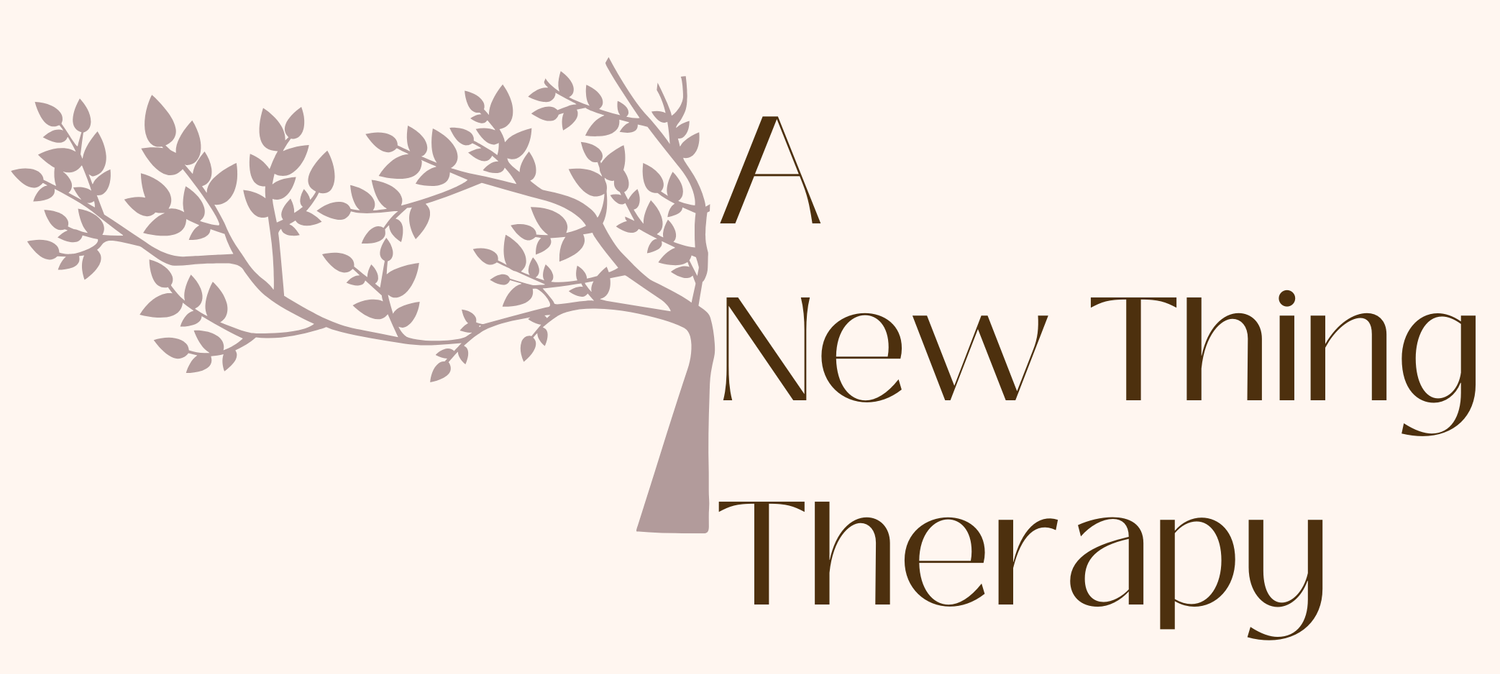The Fear Factor: 11 Roadblocks to Expressing Your Needs
We’ve all had those moments when we wish people could just read our minds and know exactly what we need! The truth is, we actually have incredible tools—especially our words and language—that empower us to express our desires and guide others on how to support, love, and comfort us. Yet, we often hold back from using them.
So, why do we find it so challenging to communicate clearly and openly? What stops us from being vulnerable and expressing our needs? There are several psychological, social, and emotional reasons that can make it difficult for many of us to share what we truly need. Let’s explore these together!
1. Fear of Rejection or Judgment
Many people avoid expressing their needs because they fear being rejected, judged, or misunderstood. Sharing our personal needs can feel really vulnerable, and if the other person reacts negatively, it can reinforce feelings of insecurity or unworthiness. There are some who didn’t even have a present person to share their needs with, which leads to abandonment. This makes it less likely that we will want to approach or open up in the future, so we protect ourselves by holding back our needs.
2. Assumption of Mind Reading
People often expect their partners, friends, or family to intuitively understand their needs without having to verbalize them. This belief may stem from the hope that someone who truly cares should “just know” what we need, without being told. However, this assumption often leads to unmet expectations and frustration.
3. Fear of Burdening Others
Some individuals feel that expressing their needs might be perceived as being needy or burdensome. They may hold back to avoid inconveniencing others, assuming that their needs are less important or not worth the trouble.
4. Lack of Self-Awareness
Sometimes people struggle to communicate their needs because they haven’t fully identified or understood them themselves. Without clarity about what they truly want or need, it becomes difficult to articulate those feelings to others. This can result in vague or passive communication.
5. Cultural or Social Conditioning
In many cultures or family systems, there is pressure to be self-sufficient, or it might be frowned upon to express emotional or personal needs openly. People are often taught to "keep it together" or "not ask for too much." This conditioning can make it harder to speak up and voice needs directly. Can you think of some common phrases you’ve heard throughout your life that may have discourage emotional expression?
6. Fear of Conflict
Communicating needs openly can sometimes lead to uncomfortable conversations or conflict. Many people avoid expressing their needs to keep the peace or avoid confrontation, fearing that it might lead to disagreements or tension in their relationships. It can feel easier to say nothing and avoid “rocking the boat.” But in the long run, keeping our needs and emotions to ourselves often leads to greater disconnection, as unexpressed needs create emotional distance and hinder genuine connection.
7. Low Self-Esteem or Insecurity
People with low self-esteem often feel that their needs aren’t valid or important enough to express. They might downplay their own desires, or prioritize others’ needs over their own, which creates a pattern of suppressing their needs just to avoid feeling unworthy or undeserving. But here’s the truth: there’s no need too small to share! Your feelings and desires matter, and voicing them is essential for building healthy relationships.
8. Previous Negative Experiences/Trauma
If someone has had negative experiences in the past where expressing needs led to rejection, dismissal, arguing, or abuse, they might become hesitant to do so again. Past trauma, abandonment, or being consistently ignored can make people more cautious and reluctant to openly communicate their needs.
9. Unrealistic Expectations
Some people believe that if they have to ask for what they need, it devalues the gesture from the other person. They might think that a truly caring person should anticipate their needs without being told, and if they have to communicate those needs, it means the relationship lacks depth.
10. Lack of Communication Skills
Many individuals were not taught how to effectively communicate their needs or feelings. Without the right tools or practice, it can feel awkward, uncomfortable, or unnatural to express oneself clearly, leading to indirect or passive communication instead.
11. Fear of Dependency
Some people fear that openly communicating their needs will make them appear overly dependent or weak. They may value independence so much that asking for help or expressing needs feels like admitting a kind of defeat.
In summary, while communicating needs is key to healthy relationships, the barriers to doing so are often rooted in fear, vulnerability, and societal conditioning. The discomfort of sharing can stem from emotional concerns about how others will react or a lack of self-awareness and communication skills.
If you want to understand your roadblocks better and work on overcoming them, reach out to a therapist today!
